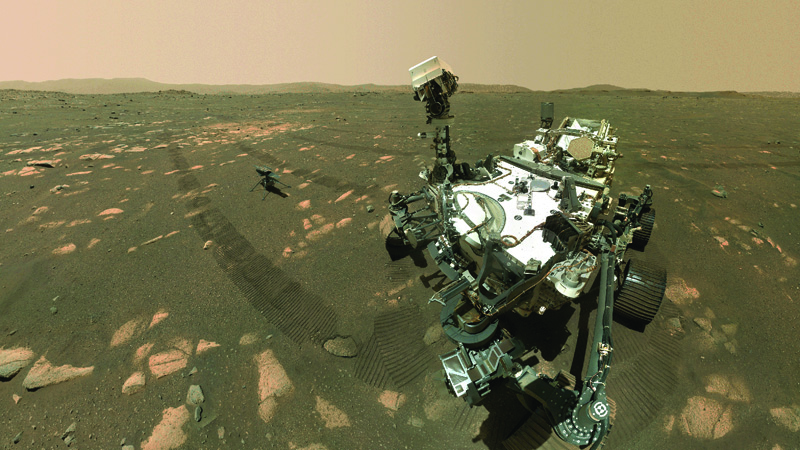How to "Win the Future" as Explained by Sci-Fi
By: Jennifer Herseim | Categories: Alumni Achievements

“Science fiction in many ways is the ideal vehicle to do this,” says Lisa Yaszek, regents professor of Science Fiction Studies in the School of Literature, Media, and Communication at Georgia Tech.
The Sci-Fi genre presents a “virtual laboratory” where we can explore the good, bad, and sometimes ugly consequences of technology in a way that isn’t possible to do in the real world or a lab setting.
Yaszek explains that science fiction authors start with the “novum”—Latin for the “new thing”—or the technological or scientific advancement that makes a science fiction world different from our own. Then they ask: What if…? What if we made these choices, what kinds of futures might we build?
“When you do that, in a good story, it always leads to social, ethical, or moral debate—or all three—and then social, ethical, and moral change,” Yaszek says.
Looking to science fiction can help technologists see what could go right or wrong 50, 100, or even 1,000 years into the future. As Yaszek teaches at Georgia Tech, both the inspirational and cautionary sides of science fiction can be traced back to the beginning of the genre with Mary Shelley’s Frankenstein in 1818.
“Even today, artificial intelligence researchers are going back to Shelley’s Frankenstein for inspiration because the way she dramatized contemporary ideas about education and the mind strike them as useful for how they might think about developing AI,” she says. Of course, the story also explores what could go terribly wrong, she adds. There’s a name for the type of Sci-Fi story that serves as a cautionary tale—“If This Goes On”—based on the 1946 novel of the same name by Robert Heinlein.
Beyond inspiration and caution, those in the sciences and technology can take a page from the speculative thinking techniques that Sci-Fi writers use to create their stories, Yaszek says. In fact, groups like SIGMA, a science fiction think tank, bring writers together with scientists to do just that.
“There are a lot of similarities between what science fiction authors do as they’re plotting stories and the way that a science, technology, or public policy person has to think about the future of science and tech,” Yaszek says.
Learning these techniques not only helps scientists consider ethical possibilities far into the future, but they can improve how scientists tell the story of their research. On a practical level, that leads to better grant-writing and more research funding, Yaszek says.
Science fiction can also be a model for negotiating change. Sometimes, despite a character’s best efforts, the unexpected happens. The ship breaks down. The aliens invade. A pandemic breaks out. In those scenarios, science fiction can show us what traits characters need to save the world and “win the future.”
“It celebrates the ability to think flexibly and creatively under pressure, and to admit when you’re wrong, to sometimes turn the lead over to others, and to cooperate, not compete,” Yaszek says. “This is the way that people win the future in science fiction.”
5 Sci-Fi Books to Read This Summer
Georgia Tech has one of the largest collections of science fiction literature in the country. (And the collection keeps growing, most recently with the donation of 2,724 books by Tech supporter Kathy Betty from her late husband and Tech alumnus Garry Betty’s collection.)It’s no wonder then that Yellow Jackets graduate inspired and ready to create technology that’s straight out of science fiction.
This summer, take a page from Georgia Tech’s resident Sci-Fi scholar, Lisa Yaszek, and check out one of these titles on her summer reading list:
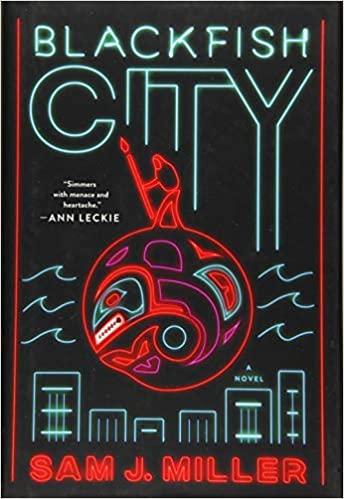
Blackfish City: A Novel by Sam J. Miller
LY: A remarkably action-packed—and remarkably hopeful—novel about environmental destruction, political corruption, and the unintended consequences of gender identity, cross-species connection, and technological transformation.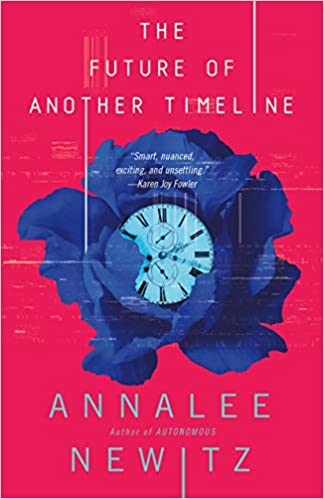
The Future of Another Timeline by Annalee Newitz
LY: Time agents battle for control of women’s reproductive rights—and literal control of the future—at key points in history including the 1894 World’s Fair and the 1990s Riot Grrrl rock scene… There’s even a video for the novel!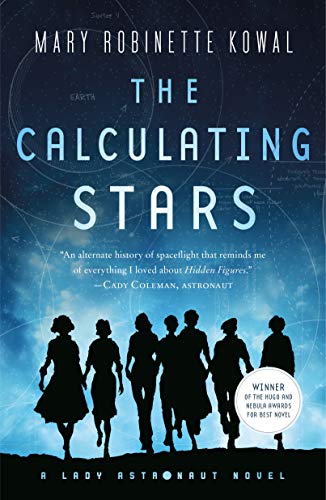
The Calculating Stars series by Mary Robinette Kowal
LY: What if a natural disaster forced the space race into overdrive in the 1950s—and women were included from the start?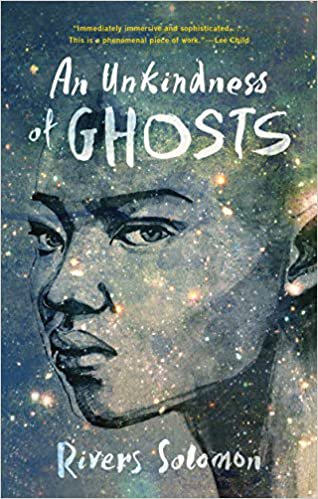
An Unkindness of Ghosts by Rivers Solomon
LY: What if the only way to escape an environmentally-devastated Earth was to build generation ships based on the return to chattel slavery—and once again, the enslaved were brown and Black people?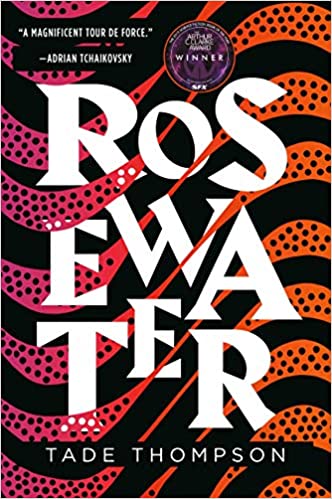
The Rosewater Trilogy by Tade Thompson
LY: Nigerians are on the front line of working with aliens who might be friendly—or might be invaders.
